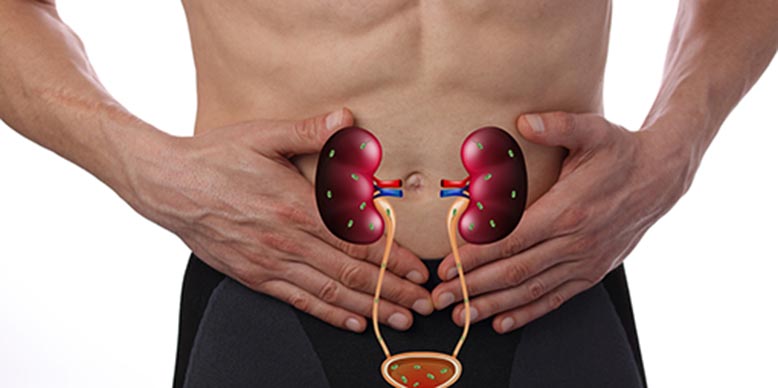The urinary tract includes your kidneys, ureters, bladder and urethra (in men the prostatic urethra). An infection involving any part of this system is known as a UTI. Infections in the “lower” tract – bladder and urethra – are the most common, especially in women. These are annoying and discomforting, but usually not serious unless the infection spreads to the kidneys.
Signs and symptoms of urinary tract infections include the following:
- A frequent and strong urge to urinate, often only small amounts
- Burning with urination
- Cloudy or foul smelling urine
- Dark, red, pink or cola colored urine indiicating blood in the urine
- Pelvic or low abdominal pain or pressure
When the infection involves only the “lower” tract, it is called cystitis, prostatitis, or urethritis. When the infection involves the “upper” tract (kidneys), it is called pyelonephritis and is much more serious with upper back or flank pain, rigors, fever, nausea, and vomiting. In young and healthy people pyelonephritis can be treated often in the out-patient setting, but in older, ill patients hospitalization is necessary.
In some older adults with poor immune systems, symptoms are not always apparent and urinary tract infections can be missed and become life threatening!
Risk factors for urinary tract infections include:
- Congenital or developmental abnormalities of the urinary tract that disrupt proper urine drainage
- Blockage from stones and enlarged prostate
- A suppressed immune system, often seen in diabetes and other chronic illnesses
- Long term indwelling catheter use for bladders that have lost muscle strength and don’t empty
- Females are much more prone to UTI’s because of their anatomy, certain types of birth control, and later menopause
When treated promptly with antibiotics, “lower” tract infections rarely lead to complications in the healthy. But, left untreated can be serious and lead to complications including frequent recurrences, chronic ongoing infection, permanent kidney damage, and sepsis or overwhelming infection. Sepsis is potentially life threatening. UTI’s in pregnancy can adversely affect the baby.
For individuals with risk factors and complicated or recurrent UTI’s, we often recommend further evaluation of the urinary tract to include “upper tract” evaluation with ultrasound or CT and cystoscopy, done under local using a small flexible fiberoptic scope to see inside the bladder. These tests are done at Regional Urology in an expedient manner to avoid more expensive and inconvenient hospital visits. From these tests we can counsel you as to the source of the infection and the best course of treatment for the short term and prevention for the long term.
Additional Resources:


